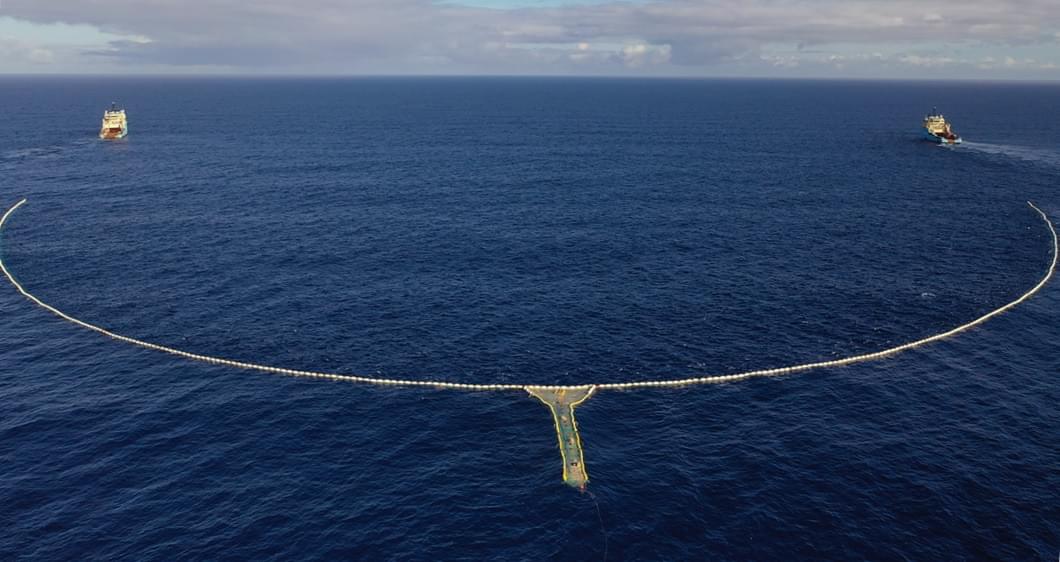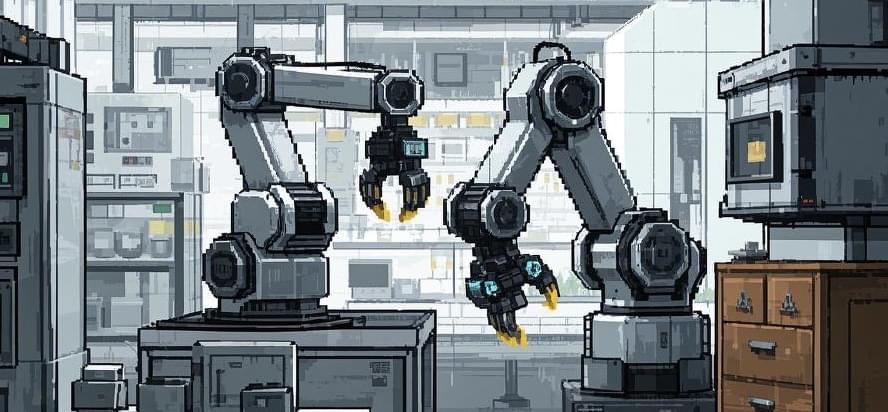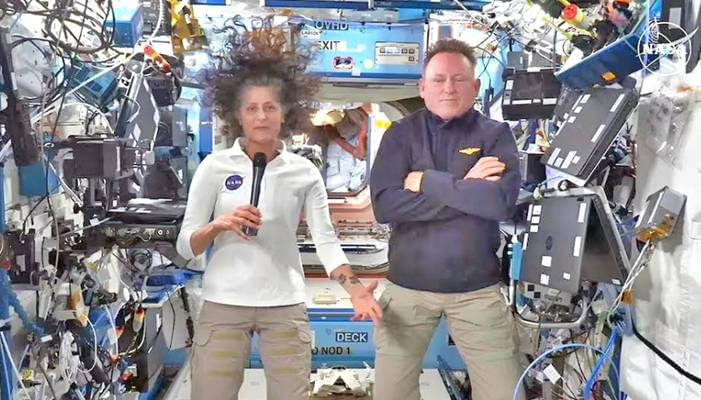And its already removed over 84,000 kg of ocean trash.
The Ocean Cleanup, a non-profit environmental organization, has embarked on a groundbreaking mission to eliminate 90% of floating ocean plastic by 2040.
Through innovative technology and a two-pronged approach—removing plastic already polluting the oceans and intercepting new waste in rivers—the project is making real progress.
Their ocean cleanup systems, including the latest System 3, are actively harvesting waste from the Great Pacific Garbage Patch, while river-based Interceptors are stopping plastic at the source in high-impact areas like Southeast Asia and the Caribbean.
With over 84,000 kilograms of plastic removed and more than 2,700 square kilometers of ocean cleaned as of mid-2022, The Ocean Cleanup has already made significant strides. Backed by scientific research, partnerships with companies like Coca-Cola and Maersk, and global support, the organization is scaling up its efforts. Targeting the world’s 1,000 most polluting rivers, The Ocean Cleanup aligns closely with the United Nations’ Sustainable Development Goal 14—conserving marine life. Through technology, collaboration, and determination, they’re turning the tide on ocean pollution.
Learn more.






